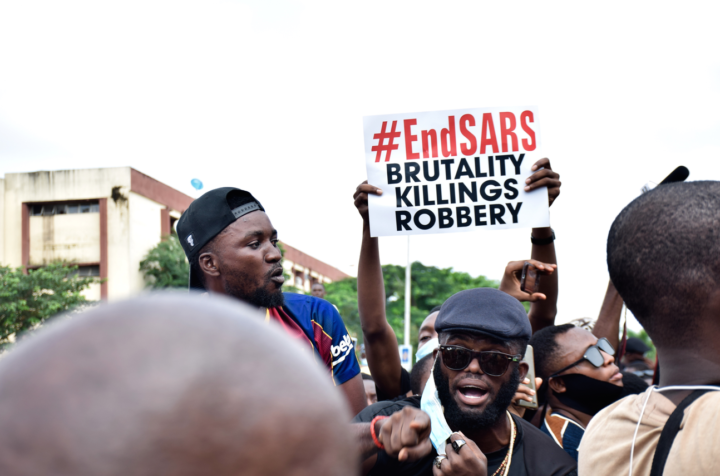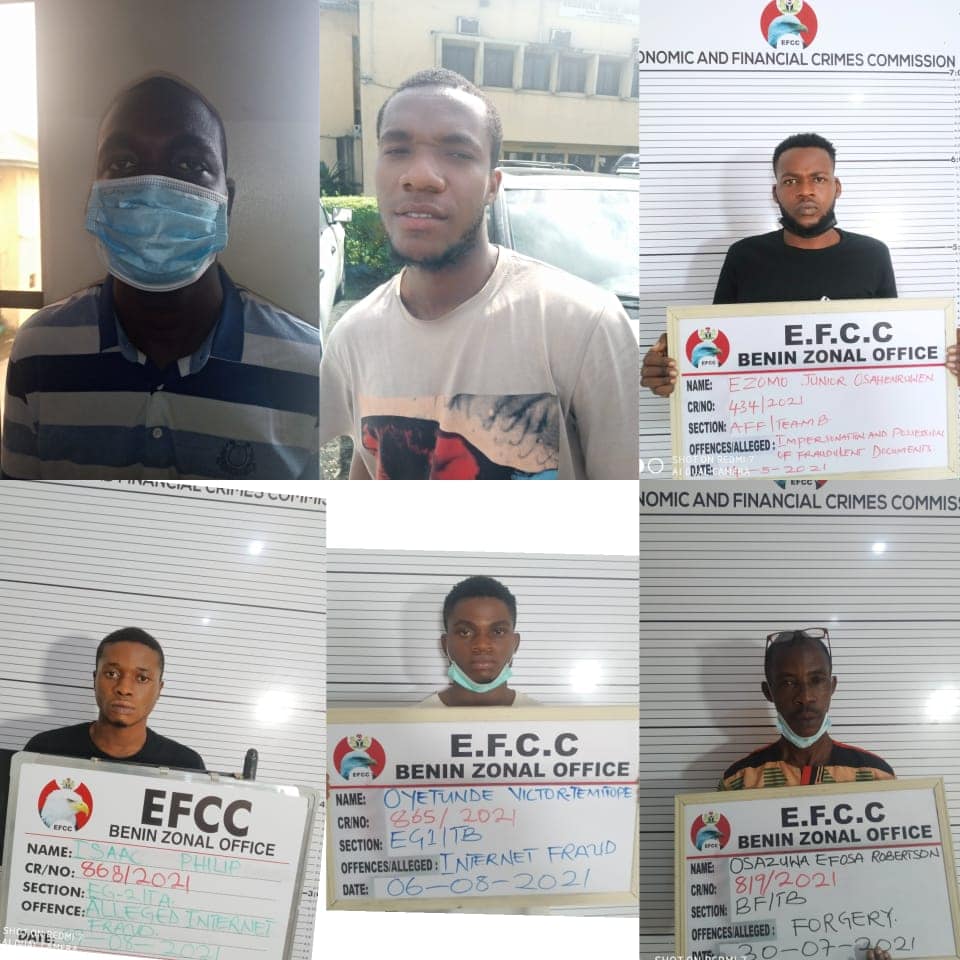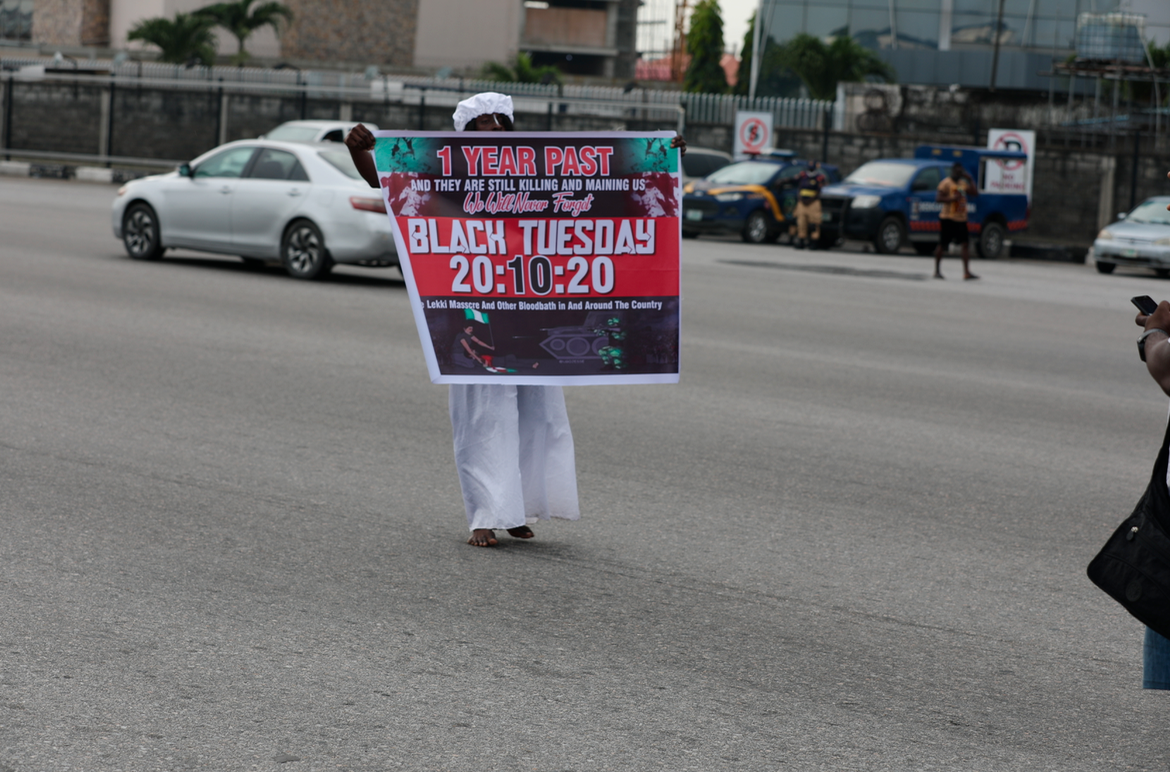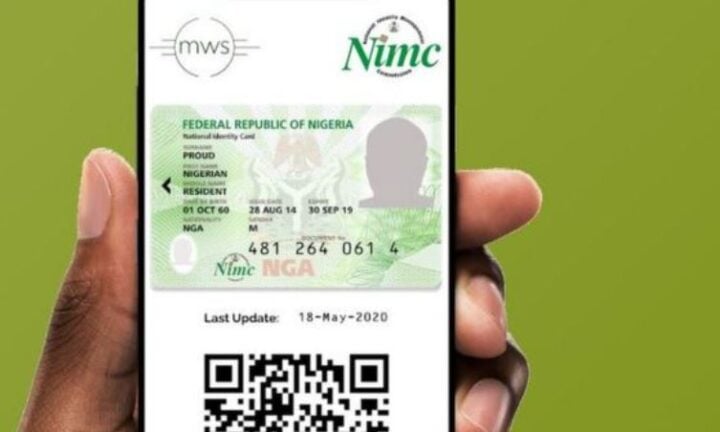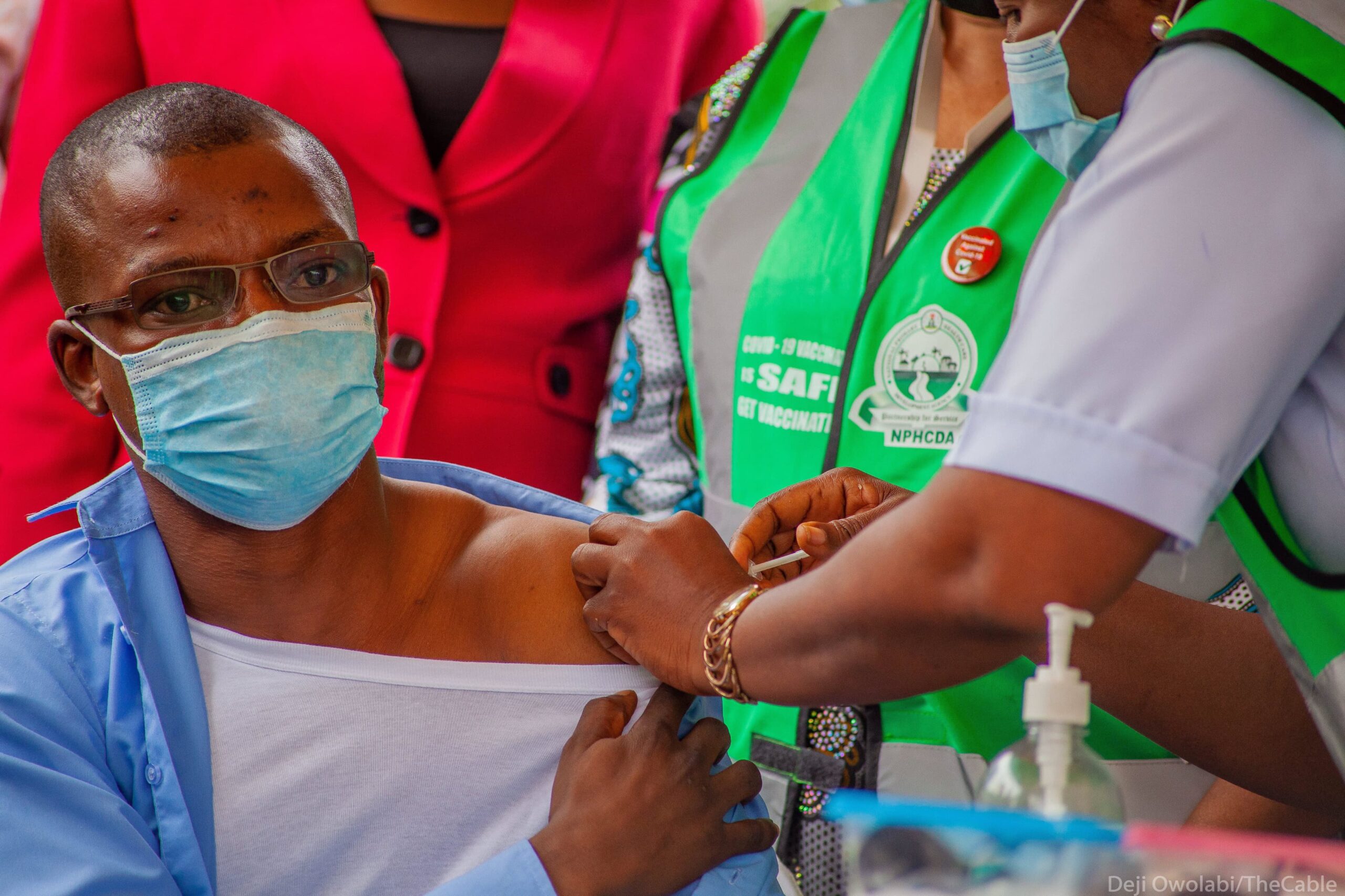DJ Cuppy: Why some people doubted my involvement in #EndSARS protest
BY OBARO JOHNSON
About a year after the violent eruption and brutal suppression of the #EndSARS protests in Nigeria, debates have lingered, probing its basis, impact, quelling and lessons, if any. The nation has continued to enjoy “graveyard” peace, while the generation of young people responsible for and most affected by the events culminating in, and emanating from the watershed mass action that shook Nigeria to its core in October 2020, continue to seethe.
The #EndSARS protest was like most spontaneous mass outbursts of pent-up anger, sparked by a feeling of humiliating helplessness in the face of state-sponsored or encouraged injustices and dehumanisation as perceived by citizens.
There have been comparisons between the #EndSARS protests of October 2020, with the Lekki tollgate as its historical melting point, and the students protest and bloody crackdown of June 1989, in Tiananmen Square, Beijing, China. Both protests were spearheaded by young people in defiance of state violence, spreading from city to city and attracting both local and international attention and sympathy in the build-up to a tragic end on the 20th of October, 2020 and the 4th of June, 1989 respectively. That is, perhaps, as far as the similarities go.
Advertisement
While the Chinese protests were in reaction to the natural death of a 73-year-old politician and premised on populist angst against political corruption, nepotism and economic mismanagement of the Chinese Communist Party (CCP), the protests in Nigeria, though later expanded in scope to include demands for good governance and accountability, was initially an eruption of accumulated frustration and anger against police brutality and oppression of the Nigerian youth, with now-defunct Special Anti-Robbery Squad (SARS) as an epitome of state violence against a hapless citizenry, particularly the viral recording of a murdered youth thrown out of a moving vehicle by alleged policemen in Ughelli, Delta State.
Though police brutality and armed oppression of the Nigerian populace by state actors have always been commonplace in the socio-political and economic milieu of Nigeria, the sadistic brutality and extra-judicial killings of Nigerians, especially youths by the dreaded SARS, brought to the fore the underlying tension and yawning disconnect between the Nigerian state and what should be its most valued asset — the youth. The rancorous, disorganised and thieving antics of some youths during the #EndSARS protests clearly mirrored all that ails the Nigerian society and the violent response by the state suggested a continuing cluelessness as regards the role of social justice in entrenching order in any given society and particularly, in a democracy.
Since independence, the Nigerian state and its handlers, both military and democratic, have continued to emasculate progressive ideas, preferring “Quick Fixes” in addressing pressing socio-economic and political concerns. The enthronement of political corruption, economic profiteering, nepotism, fiscal irresponsibility and financial recklessness by successive governments have over time created a highly competitive and primitive order where “Dog eats Dog” and individual aggrandisement is elevated over and above the collective wellbeing. As the individual continues to have his way in this skewed arrangement, institutions become weaker, moral values are discarded and self-help is embraced as a potent, last resort for the pursuit of personal gain, with little or no consideration for the common good. As values erode and the rule of might is right is reinforced in all facets of the Nigerian society, the crazed race for money and power intensifies, giving rise to crime and criminality, escalating moral decadence and society as stripped of its most vital covering, conscience.
Advertisement
It is against this cataclysmic backdrop that the “Soro Soke” (speak up) generation of young Nigerians is birthed. Disillusioned by the state of rot, but not unwilling to benefit from same, this Nigerian youth is a case study in the war of attrition between conscience and convenience, torn between the innate desire to live up to his/her highest ideals and potentials, and a socio-economic order that entices one to cut corners and become an accomplice to the very monster that assails society. The Nigerian youth is by default programmed to survive. Though highly creative and resilient, many youths have found solace in social vices as a means to escape the crude realities that society daily foists on them. Whilst many have found a way to make the best of a bad situation by embracing entrepreneurship and other forms of gainful employment, a great many have also settled for a life of crime, drug abuse and sundry vices.
The #EndSARS protest was, in essence, a generational agitation to draw society’s attention to the bleakness of its future in the face of a nation’s unwillingness to tell itself the truth. The deteriorating standard of life in Nigeria coupled with illiteracy/semi-literacy, unemployment, corruption, infrastructural and general decadence merely indicates an imminent social collapse which, if not swiftly and dispassionately tackled, will spell doom for our beloved country.
Another lesson emanating from the #EndSARS protest is the need for value re-orientation of Nigerians. The violence that escalated and wanton looting recorded during the protests shows clearly that many youths were totally unconcerned with the ideological essence or implication of the protests, but were solely motivated by the same primitive greed that drives public office holders and the Privilegentsia to mindlessly loot our common patrimony. The successful attempt by divisive elements to paint the protest as a “southern” assault aimed at bringing down a “northern- dominated” government, as evidenced in the violent clashes between #EndSARS protesters and the largely northern pro-government youths in Abuja, also accentuates one of the many primordial cleavages that come in handy to break cohesion and derail popular struggle.
Though cosmetic attempts have been made to institute reforms in law enforcement and policing, there is little evidence to show that much has changed since October of last year. The recommendations of commissions of inquiry into the #EndSARS protests by different state governments, though a welcome development, lacks the power to bite. The monetary compensation for victims still falls short of the standard of natural justice as many are still aggrieved, with alleged offenders still retaining both their jobs and freedom.
Advertisement
For now, the judgment day appears to have been postponed and we enjoy a violently negotiated peace. But for how long?
Views expressed by contributors are strictly personal and not of TheCable.
Add a comment

